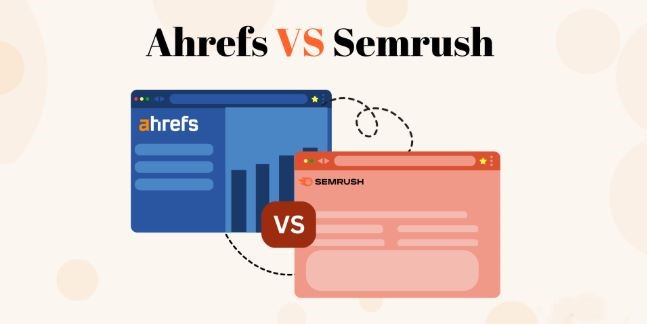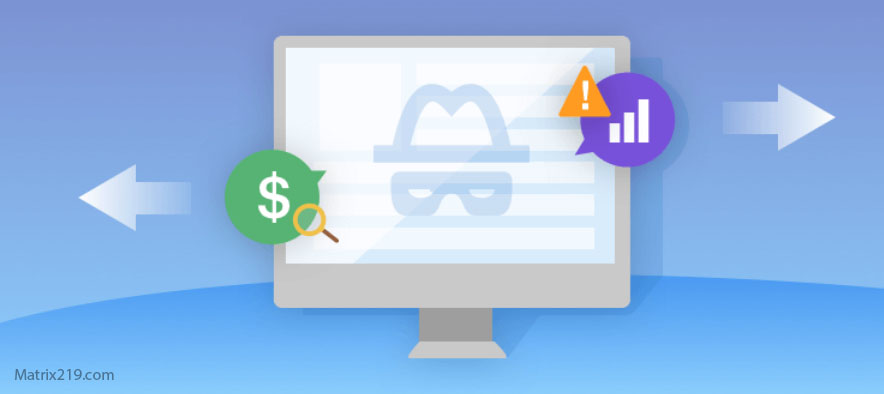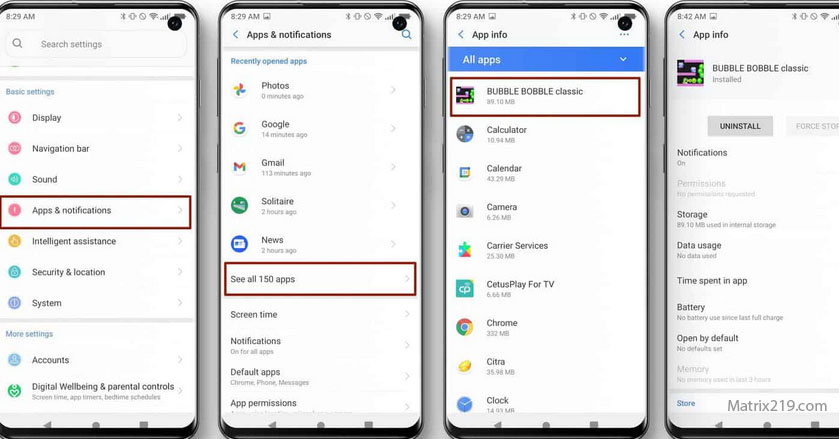Keyword research is no longer a supporting SEO task. In 2025, it defines visibility, topical authority, and long-term organic sustainability.
As search engines evolve toward intent-driven evaluation, selecting the right analytical platform becomes a strategic decision rather than a tooling preference.
Among professional SEO teams, two platforms dominate this discussion: Ahrefs and SEMrush.
This article delivers a deep, structured comparison focused specifically on keyword research reliability, methodological differences, and real-world trustworthiness, with clear recommendations based on usage context.
Quick Navigation
Ahrefs vs SEMrush for keyword research: core purpose and positioning
Although both platforms aim to support search visibility, their approaches to keyword research diverge at a foundational level.
Platform philosophy and original intent
Ahrefs originated as a backlink intelligence system. Keyword research was later integrated to support link-based competitiveness analysis.
SEMrush, however, was conceived as a multi-channel marketing intelligence suite, with keyword discovery as a central pillar from inception.
These origins continue to influence how each platform frames keyword value today.
How each tool defines keyword opportunity
Keyword opportunity is not limited to search volume. It includes intent clarity, ranking feasibility, and competitive saturation.
In practical workflows, this distinction directly affects how professionals approach keyword research during planning and validation phases.
Keyword data sources and database reliability
The trustworthiness of keyword insights depends on how data is sourced, processed, and refreshed.
Data acquisition methodologies
Both tools rely on combinations of:
-
Clickstream data
-
SERP scraping
-
Proprietary extrapolation models
However, SEMrush prioritizes breadth across markets, while Ahrefs emphasizes depth within competitive SERPs.
Coverage versus actionable accuracy
SEMrush often surfaces a larger pool of potential keywords.
Ahrefs typically returns fewer suggestions but with tighter competitive filtering.
For exploratory research, scale matters.
For execution, precision often proves more valuable.
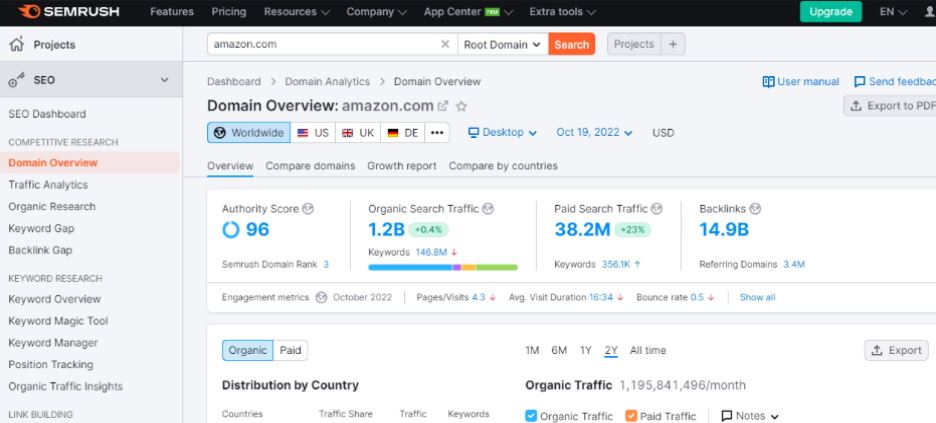
Keyword difficulty metrics and ranking feasibility
Difficulty scores frequently determine whether a keyword is pursued or discarded.
Calculation models
Ahrefs calculates keyword difficulty primarily through backlink analysis of ranking pages.
SEMrush applies a blended model that includes authority signals, SERP composition, and competitive density.
Neither system is inherently superior. Each reflects a different interpretation of ranking resistance.
Strategic implications in 2025
Modern rankings depend on intent satisfaction, content structure, and topical authority, not links alone.
As a result, Ahrefs difficulty scores tend to be conservative, while SEMrush scores may identify emerging opportunities earlier.
This distinction strongly affects SEO competitor analysis in saturated niches.
Search intent interpretation and SERP context
Understanding why users search is essential for evaluating keyword value.
Automated intent classification
SEMrush labels keywords by intent category, accelerating large-scale content mapping.
Ahrefs requires manual SERP inspection to infer intent.
Automation improves efficiency. Manual review improves accuracy.
Trust depends on scale and resource availability.
SERP-driven validation
Both platforms encourage analysis of search engine result pages, but Ahrefs places heavier emphasis on direct SERP inspection as part of its workflow.
Keyword clustering and topic architecture
SEO in 2025 prioritizes topical relevance over isolated keywords.
Semantic grouping capabilities
SEMrush provides built-in tools for grouping related terms, supporting structured content clustering strategies.
Ahrefs requires external tools or manual processes for similar outcomes.
This difference affects editorial planning, internal linking logic, and topical authority development.
Competitive keyword gap analysis
Identifying what competitors rank for remains a critical research function.
Comparative visibility insights
SEMrush excels at highlighting missing keyword opportunities across competitors.
Ahrefs focuses more on ranking strength and historical dominance.
Each approach supports a different strategic objective: expansion versus displacement.
Historical data and trend stability
SEO decisions often rely on trend consistency rather than short-term fluctuations.
Long-term visibility tracking
Ahrefs provides extensive historical ranking records, enabling confidence in evergreen keyword planning.
SEMrush emphasizes volatility monitoring, which supports responsiveness to SERP volatility.
Both perspectives are valid, depending on whether stability or agility is prioritized.
Workflow efficiency and learning curve
Trust is influenced not only by data accuracy but also by usability.
Interface and cognitive load
SEMrush presents dense datasets designed for multi-channel teams.
Ahrefs offers a cleaner interface that supports focused analysis.
Smaller teams often benefit from simplicity. Larger teams may prefer depth.
Professional experience insight
In practical audits across competitive industries, a consistent pattern emerges.
SEMrush tends to generate a broader list of keyword opportunities during discovery.
Ahrefs filters out more false positives during validation.
Relying on one tool alone increases blind spots.
Combining discovery from SEMrush with validation from Ahrefs consistently improves decision quality and reduces strategic risk.
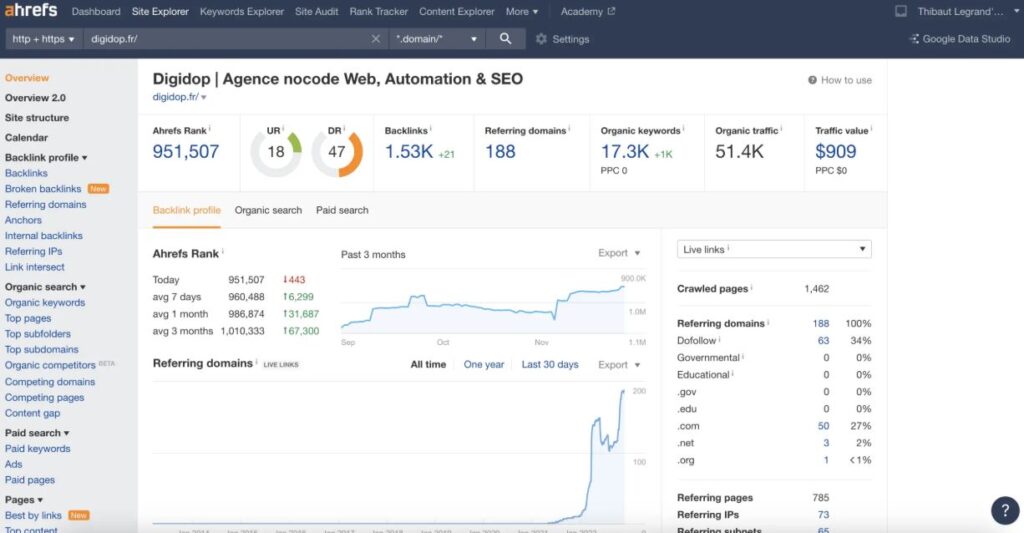
Integration with content strategy workflows
Keyword research must translate into production decisions.
SEMrush integrates directly with content planning and optimization tools.
Ahrefs remains research-centric, requiring external execution layers.
For teams managing high publishing velocity, integration becomes a trust factor.
Recommendation: which tool should you trust in 2025?
Trust should be contextual, not absolute.
-
SEMrush is more reliable for:
-
Broad keyword discovery
-
Intent-driven content planning
-
Market-wide competitive analysis
-
-
Ahrefs is more reliable for:
-
Ranking feasibility validation
-
Link-based competitiveness assessment
-
Long-term visibility confidence
-
In 2025, the most defensible strategy is directional research with SEMrush followed by feasibility confirmation using Ahrefs.
Frequently Asked Questions (FAQ)
How accurate are keyword difficulty scores in 2025?
They remain estimates and should be validated through SERP analysis and intent alignment.
Can beginners rely on SEMrush keyword data?
Yes, but manual filtering is required to avoid overestimated opportunities.
What tool works better for low-competition keywords?
Ahrefs tends to reduce risk by filtering misleading competitiveness signals.
Is automated search intent detection reliable?
It provides structure, but human verification remains necessary.
Can one tool fully replace the other?
For advanced SEO work, relying on a single data source increases strategic exposure.
